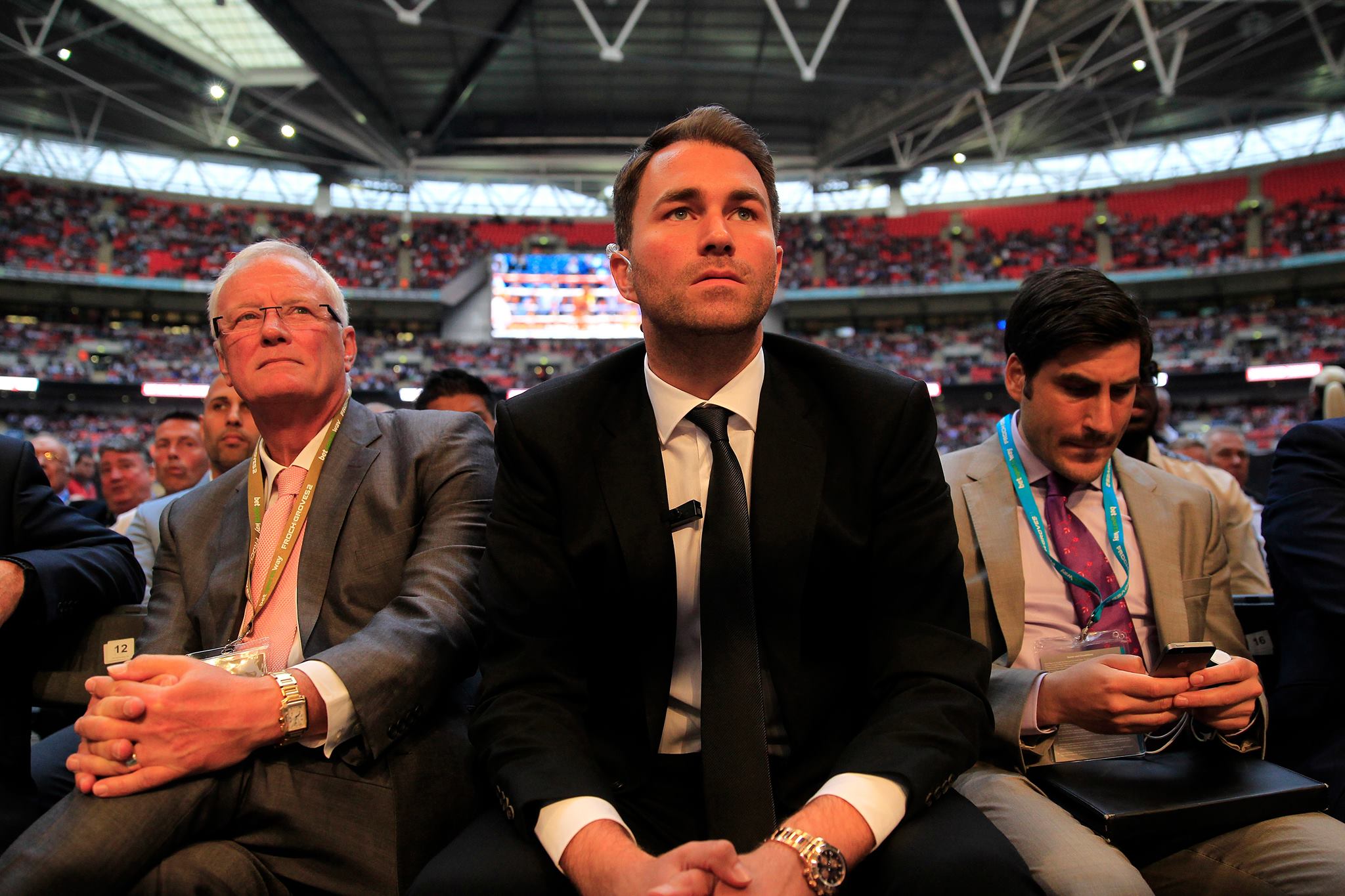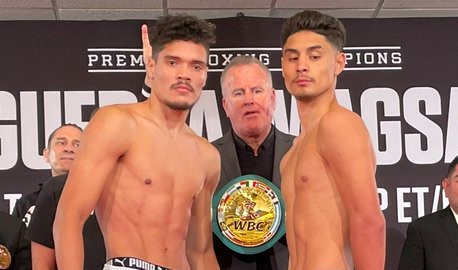The Night Joe Louis Became An Icon
By: Sean Crose
Joe Louis is a pleasure to watch. Unlike many fighters who might be considered “Old Time,” there’s nothing archaic about Louis when one sees him go through an opponent. Styles may have indeed advanced – or diminished, depending upon how you look at it – since Louis’ time, but Louis was very much a modern fighter. For he was fast, exciting and very fluid. Footage of Louis shows that he wasn’t clunky, as Jack Johnson might appear to contemporary eyes, or wildly undeliberate, as Dempsey might seem. No, Louis on film is very much a craftsman, and an exciting one, at that. Watching the man’s fights – at least those of his prime – can be truly entertaining.

Although he was from the American South, Louis was very much a product of the city of Detroit, where he was raised. His first twenty plus fights showed just how brilliant the guy was, as he knocked out competitor after competitor. Here was a man who was the complete package, both skilled and aggressive. He was also an African American who white Americans might actually find acceptable. Although such a thing shouldn’t have mattered, it sadly did in Louis’ time. And the fact that the Detroit native was unassuming and easygoing – in other words, the exact opposite of Jack Johnson – greatly helped Louis along his career path.
Yet Louis was about to come across a major stumbling block while he was still in his early twenties. German heavyweight Max Schmeling might have been seen by some as a has been by the time Louis began to rise to the top of the heavyweight division, but the truth is that appearances can be deceiving. A former heavyweight champion of the world, Schmeling was confident he could best the young upstart, despite what people may have thought of his own career. Needless to say, Schmeling’s confidence paid off when he met Louis in the ring on June 19th, 1936 at Yankee Stadium.
For Schmeling ended up stopping Louis in the 12th round. It was one of those cases where an old master comes around and takes a flashy newcomer to school. Schmeling, strong, smart and disciplined, was able to best his man in impressive fashion. Louis, however, simply wasn’t a man to curl up in a ball and die on account of a single, albeit devastating, defeat. He went on to win his next eleven fights, ten of them by knockout or stoppage. But that wasn’t all, Louis also picked up the heavyweight championship of the world along the way, knocking out a game James Braddock in Chicago’s Comiskey Park just over a year after the Schmeling battle.
Louis was, in a sense, on top of the world. Not only was he a thoroughly dominant champion, he was the first African American to be heavyweight king since Jack Johnson decades earlier. And if that weren’t enough, Louis was arguably the best heavyweight titlist to date. Johnson and Dempsey were great, but Louis looked like he may well have been on another level entirely. He was something different – a standout – not only because he was an African American sports star, but because he was an explosive talent, as well. Sure, he had lost to Schmeling, but that was old news, right?
Apparently not.
A rematch was eventually set for June 22nd, 1938, exactly one year after Louis bested Braddock. It was indeed an important and significant title matchup for the world to look forward to. Believe it or not, however, it was a battle that would have dark political implications surrounding it. “Because Schmeling was from Germany,” the International Boxing Hall of Fame points out, “the bout took on a broader meaning.” The IBHOF also states that during his career, Schmeling’s “title and image were used as a propaganda tool by Adolf Hitler to demonstrate Aryan supremacy.” And so a boxing match became a symbolic battle between freedom and tyranny.
The battle, however, was over about as soon as it started. This wasn’t going to be any replay of the first match, as far as Louis was concerned. He simply pummeled his man, knocking the former champion down several times before finishing Schmeling off in highlight reel fashion. Dempsey-Willard may have been the most brutal heavyweight title fight in history, but in its rapid onslaught of highly skilled violence, Louis’ knockout of Schmeling remains one of the most impressive – and frightening – in boxing lore. Needless to say, the heavyweight champion of the world had been avenged and the free world had struck a symbolic blow against the forces of injustice.
Yet, while all that is true, a keener eye is needed when it comes to the story of Louis and Schmeling. How odd it was, for instance, that the American hero of a global drama (and make no mistake about, Louis was, and perhaps still is, viewed as the hero) was black at a time where racism was the norm. Louis doesn’t get much credit for it, but – despite his flaws – he helped show his country that African Americans were not only equal to white Americans, but could actually be looked up to by white Americans, as well.
As for Schmeling, the poor guy really got a raw deal. He may have been from a country run by a mad regime, but you weren’t apt to find the guy making plans to round up Jews, march on Poland, or bomb London night after night. Schmeling wasn’t only a pawn of some evil forces, he was actually a pretty decent man. “Many years later,” the IBHOF claims, “it was revealed that Schmeling risked his own life by hiding Jewish children in his hotel room and helping them escape Germany.” Not exactly the picture of a goose stepping Nazi thug. Later in life, when Schmeling was a successful businessman, he went out of his way to help out Louis financially after his former foe had fallen on hard times.
In an age where biting irony is considered the height of sophistication, it’s refreshing to look back on the story of Louis and Schmeling, a tale where irony acts as a positive rather than as a tool of vicious snark. For an African America proved to be the role model his country needed, while his opponent proved to be far from the villain easy thinking would make him out be.

















